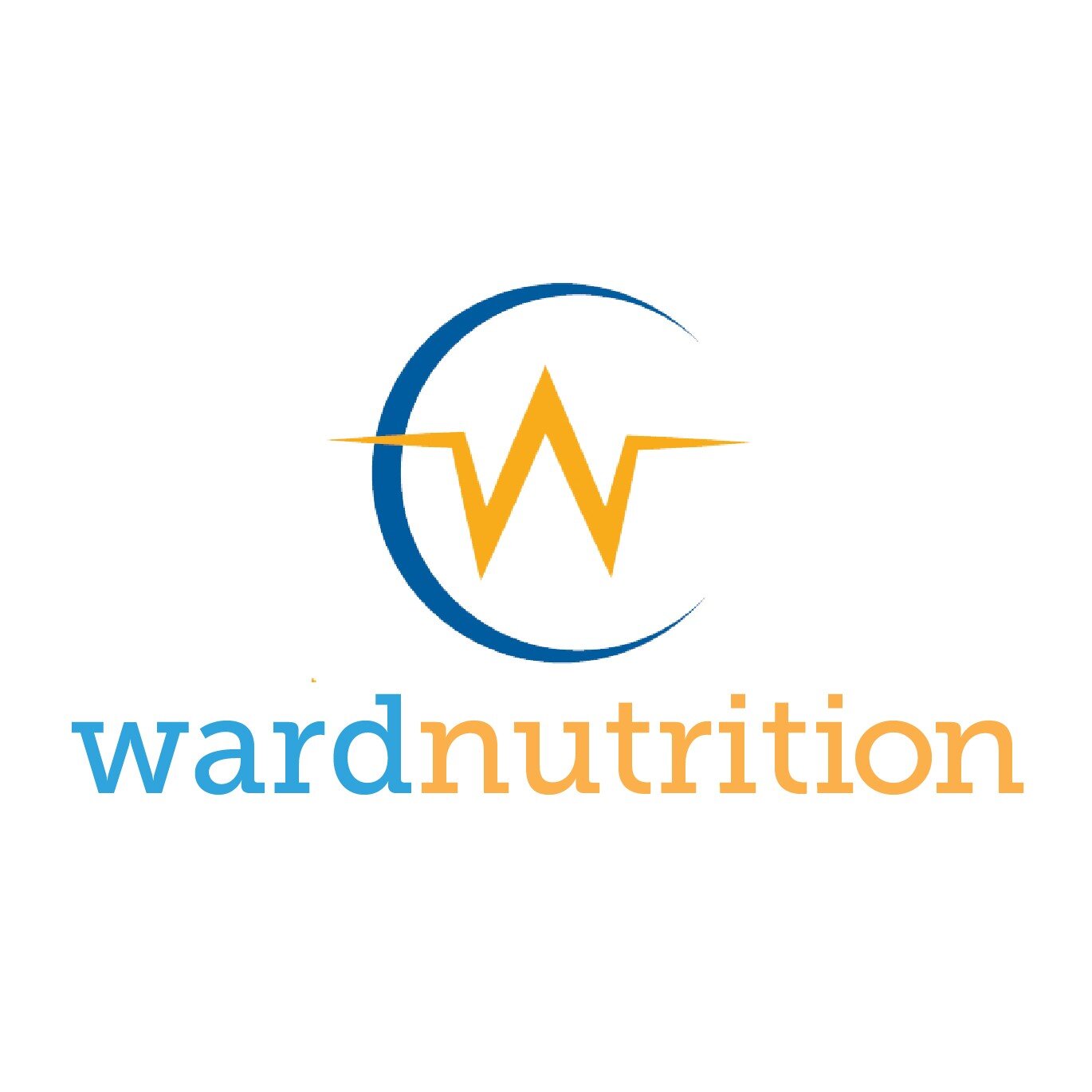How to Combat Heart Burn During Pregnancy?
If you’re currently pregnant, chances are you’ve been experiencing heart burn (also known as indigestion or acid reflux) and will know it’s that awful burning sensation in your chest often felt after eating, drinking or when lying down. Heart burn is commonly experienced whilst pregnant due to hormonal changes and the fact that your growing baby is pressing against your stomach. The muscles in your oesophagus push food more slowly into the stomach, allowing more time for your baby to absorb nutrients but also leading to backflow of stomach acids up to your neck and throat.
Thankfully there are some food and lifestyle changes that you can make to help alleviate these uncomfortable symptoms!
Ward Nutrition 3 Top Tips to Prevent Heart Burn
Eat Small Frequent Meals
When pregnant you require more energy for your growing baby. Eat When pregnant you require more energy for your growing baby and might be hungrier than usual, so it might be tempting to eat more than you normally would in one sitting. However, you’re my likely to experience indigestion if you’re very full, so it’s a good idea to try and spread out your meals or “graze” throughout the day, eating a little, more often.by and might be hungrier than usual, so it might be tempting to eat more than you normally would in one sitting. However, you’re my likely to experience indigestion if you’re very full, so it’s a good idea to try and spread out your meals or “graze” throughout the day, eating a little, more often.
2. Avoid Certain Foods and Drinks
Many women have found that avoiding spicy e.g garlic, pepper, chilli and rich, fatty foods can relieve heart burn symptoms. Reducing caffeine and chocolate has also been found to reduce or prevent acid reflux in some.
“Avoiding spicy, citrus and rich, fatty foods tends to help”
3. Body Postioning
Waiting a while after eating, before you lie down or go to bed may also help prevent reflux. Additionally, drinking your fluids between meals rather than with your meal might help, as this prevents your stomach being too full. It’s important to remember that everyone is different and will react differently to foods and strategies. So, it might be a matter of trial and error to see what makes your heart burn better or worse.
WHAT IF THIS DOESN’T HELP!?
If these strategies don’t seem to help or your symptoms become more severe and you experience stomach pains or difficulty eating and keeping your food down, then consult your GP for some advice. Alternatively, contact your pregnancy dietitian who will be able to do a dietary assessment and provide some personalised advice to help you overcome these awful symptoms. Click here to book an appointment with our prenatal Dietitian at Ward Nutrition or Click here to find out how A fertility and pregnancy dietitian can help you
Co written by Dietitian Claire Ward and Student Dietitian Lucinda Smith

